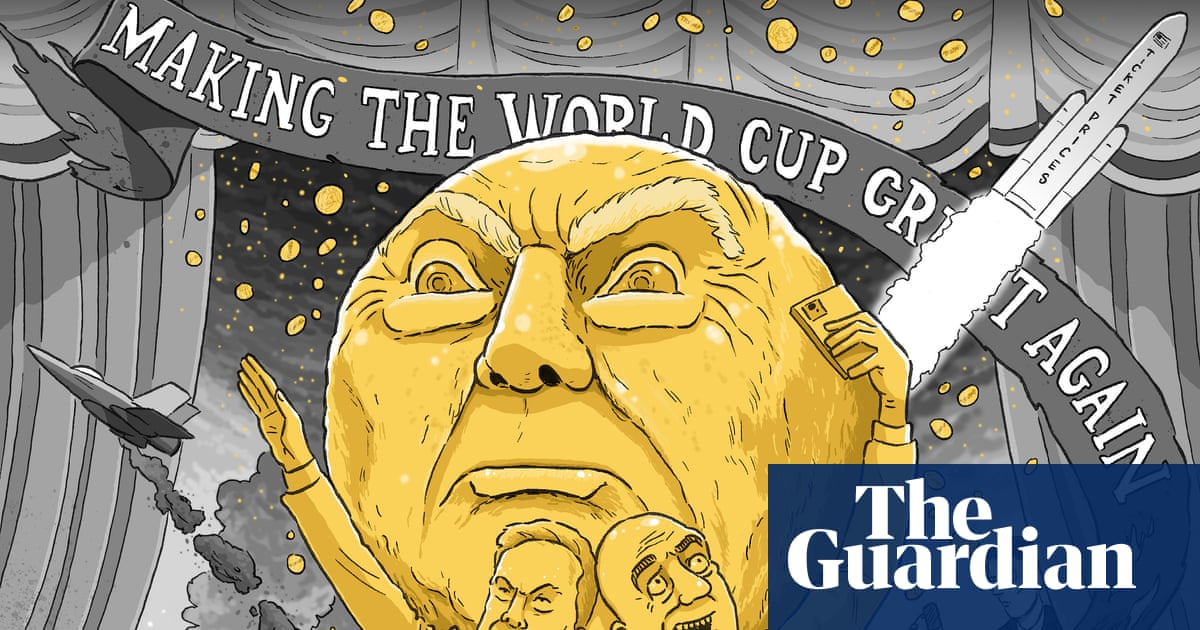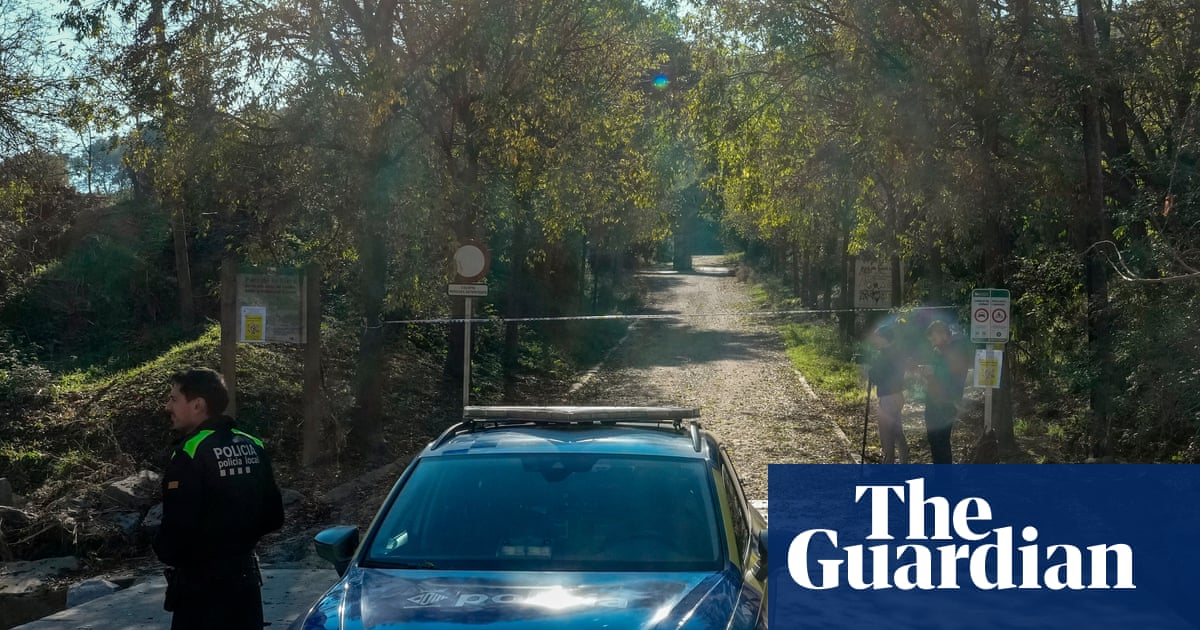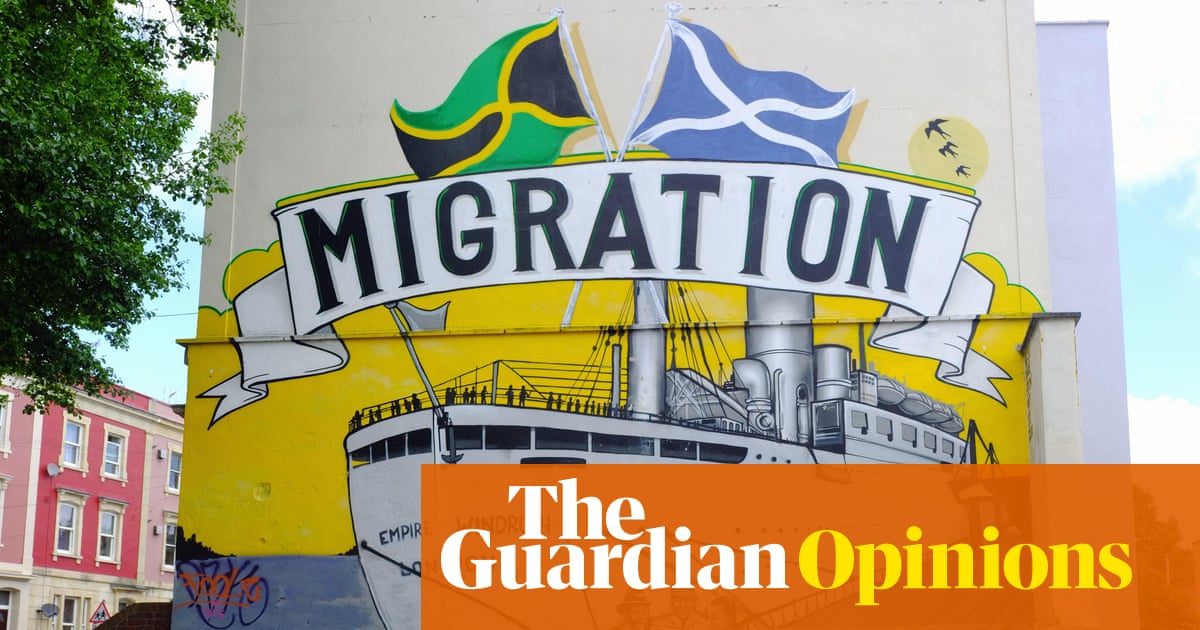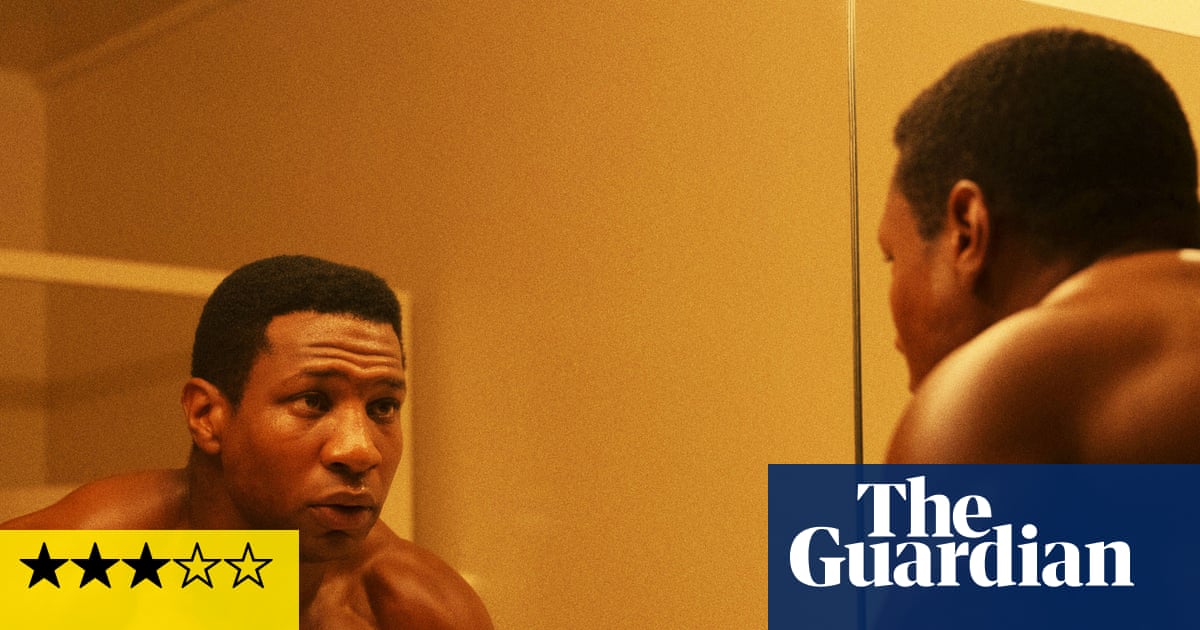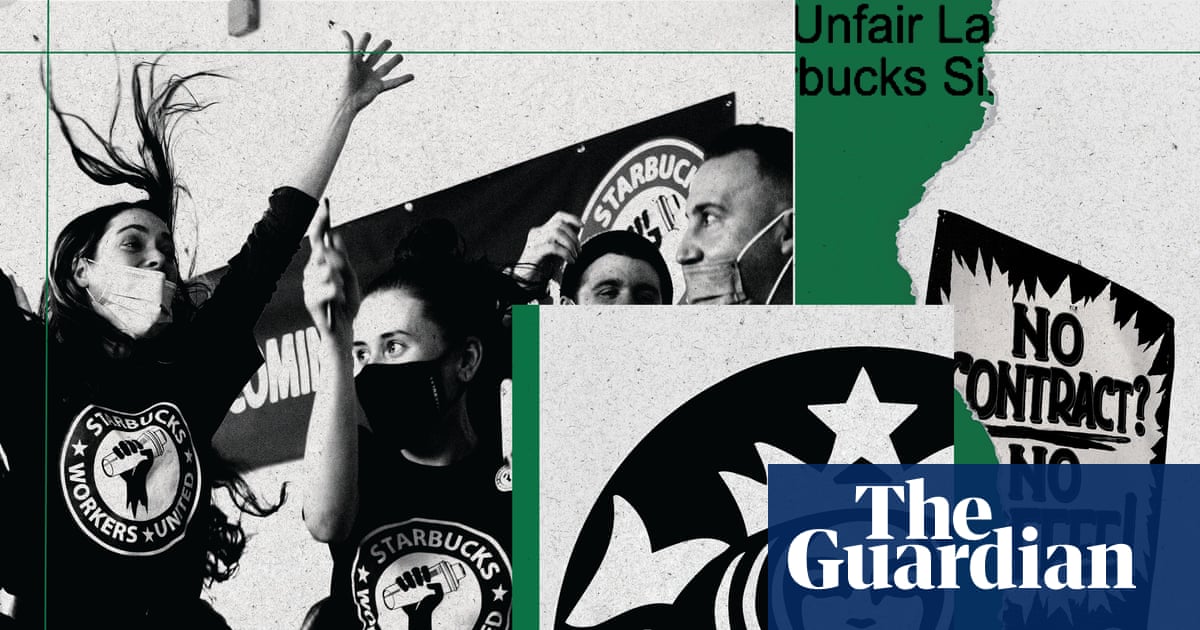The Kent State shootings – when four college students were shot dead by the National Guard during a Vietnam War protest in May 1970 – is seen as a seminal moment in modern US history. The iconic photograph of a young woman screaming as she kneels over the body of a peer came to symbolise the political and cultural divides that still shape US politics, while the event was immortalised in the song Ohio by Neil Young.
But just 10 days after Kent State, another campus shooting – this time of two black students by the police at Jackson State – went relatively unnoticed. It’s a juxtaposition the artist Naeem Mohaiemen brings to bear in his new film installation, Through a Mirror Darkly, at London’s Albany House.
“Kent State was larger than life, it was talked about all the time,” says Mohaiemen, who came to the US from Bangladesh in 1989 to attend Oberlin College. “It took me another 15 years to hear about Jackson State. It just hadn’t been part of the conversation.
“What struck me was the fact that there have been many student deaths around the world, but none of them have had this level of memorialisation. That different lives have different resonances.”
Mohaiemen’s “three-channel” documentary combines archival footage and contemporary recordings to contrast the prominence of one tragedy over another. It also examines the Nixon administration’s subsequent deployment of a narrative of “communist infiltration” of American universities.
“The US government used the student deaths to say campuses are out of control, we need more law and order. I wanted to make a film about all of that,” he says.
Mohaiemen was born in London in 1969, grew up in Dhaka, and now lives in New York. His research-led practice has repeatedly led him back to the 70s, including in another three-channel film, Two Meetings and a Funeral, which was nominated for the Turner Prize in 2018.
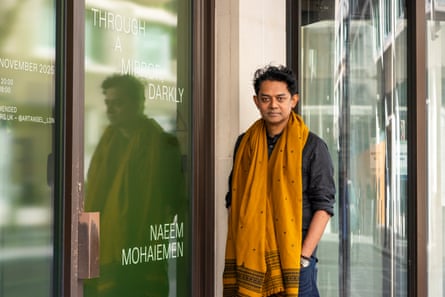
“It’s a decade I describe as ‘now promise, now danger’,” he says. “You feel very hopeful that a transformative system will emerge, and suddenly things get reversed. It’s the last period in many countries where there’s a hope for a socialist or left progressive government, but 1979 really transforms all of that – the Soviet invasion of Afghanistan, the Iranian revolution, the rise of Thatcher, the beginning of Ronald Reagan’s election campaign.”
Despite the film being based on events of more than five decades ago, there are resonances for modern audiences – including the pitting of educated “bums” against the working class (after Kent State, a large group of construction workers taunted and attacked anti-war protesters in New York’s Hardhat Riots). If headlines from recent weeks prove anything, it’s that such polarisation has not improved.
The Nixon administration went through two waves, Mohaiemen says, beginning with contrition and quickly evolving into reproach. “Suddenly, the problem was that the campuses had been taken over. It was seen as a more effective strategy, certain blue collar voters could be peeled away from the Democrats. Class resentment was mobilised: hard workers versus lazy students.”
Mohaiemen cites Mark Twain when he says: “History doesn’t exactly repeat, but it rhymes. You see certain patterns repeating, though they’re of a different velocity. Now we have these little devices that we’re dependent on. One side of that is: ‘I’m bypassing the mainstream media censors and getting the real story.’ That’s very true. [Technology] has emancipated a generation and allowed them to organise. But the other side is that it can also put you in this tunnel of only listening to people who reinforce your own beliefs.”
Mohaiemen notes other differences between the university campuses of 1970 and today.
“In 1970, calling someone a communist was a very important thing. Disloyalty could be defined as adherence to the Soviet Union. “But the demographics of US campuses have changed – due to international students and the changing population. Today, there’s a casual Islamophobia that has become acceptable. A new internal enemy always has to be manufactured.”
For the artist, the dog whistles being deployed now include the Democratic party’s response to Zohran Mamdani’s bid for New York mayor. “It’s quite outrageous that it’s taken them this long to endorse him – even though he’s the most energetic new politician in the New York landscape and has brought out record numbers of first-time voters. It’s not accidental that [Andrew] Cuomo keeps mispronouncing his name. It indicates that he’s fundamentally foreign.”
Through a Mirror Darkly was commissioned and produced by Artangel, which has previously generated prominent large-scale projects with the likes of Jeremy Deller, Steve McQueen and Rachel Whiteread. It is possible to take away an optimistic message from the work: that despite previous divisions US democracy did not end up collapsing (and the free press helped ensure Nixon’s presidency ended in disgrace).
“After Nixon there was a pendulum swing,” Mohaiemen says. “I don’t know what similar thing is ahead. But I’m always hopeful that people try a very conservative far-right experiment and then realise things aren’t that straightforward.”

 2 months ago
60
2 months ago
60







